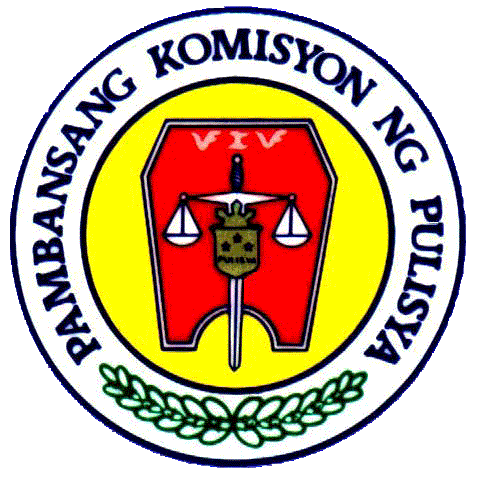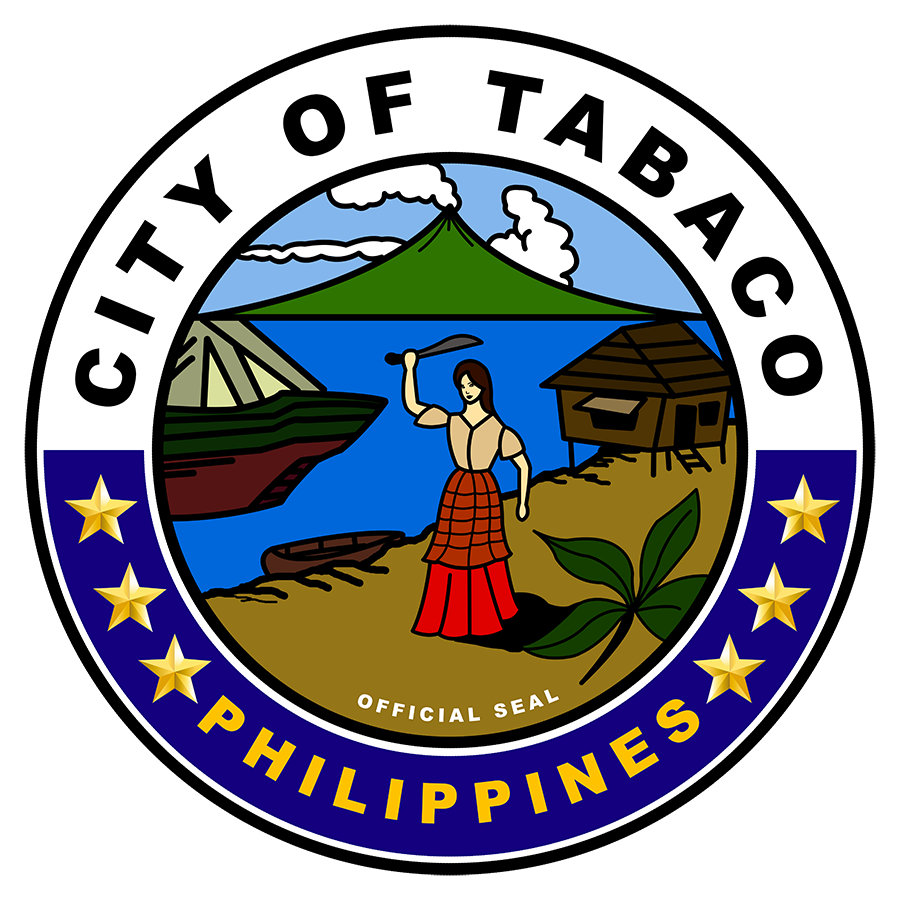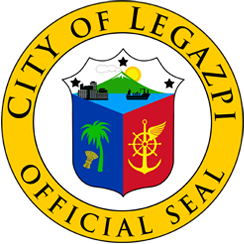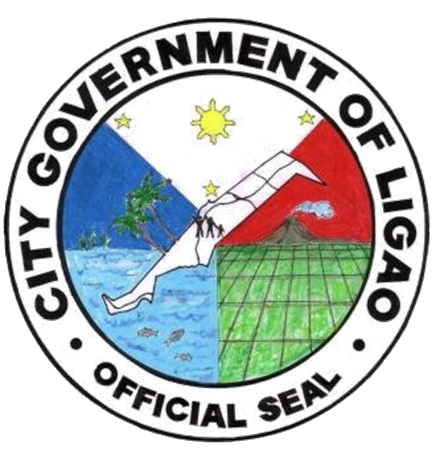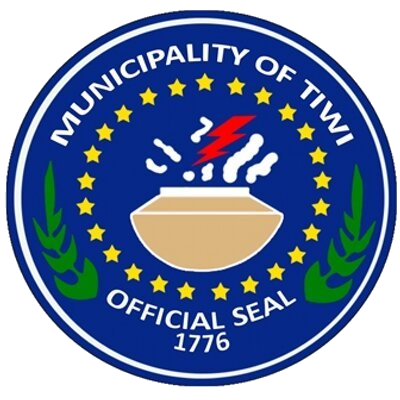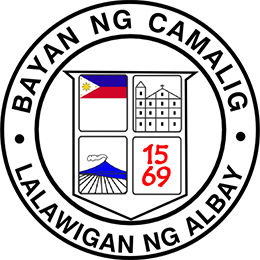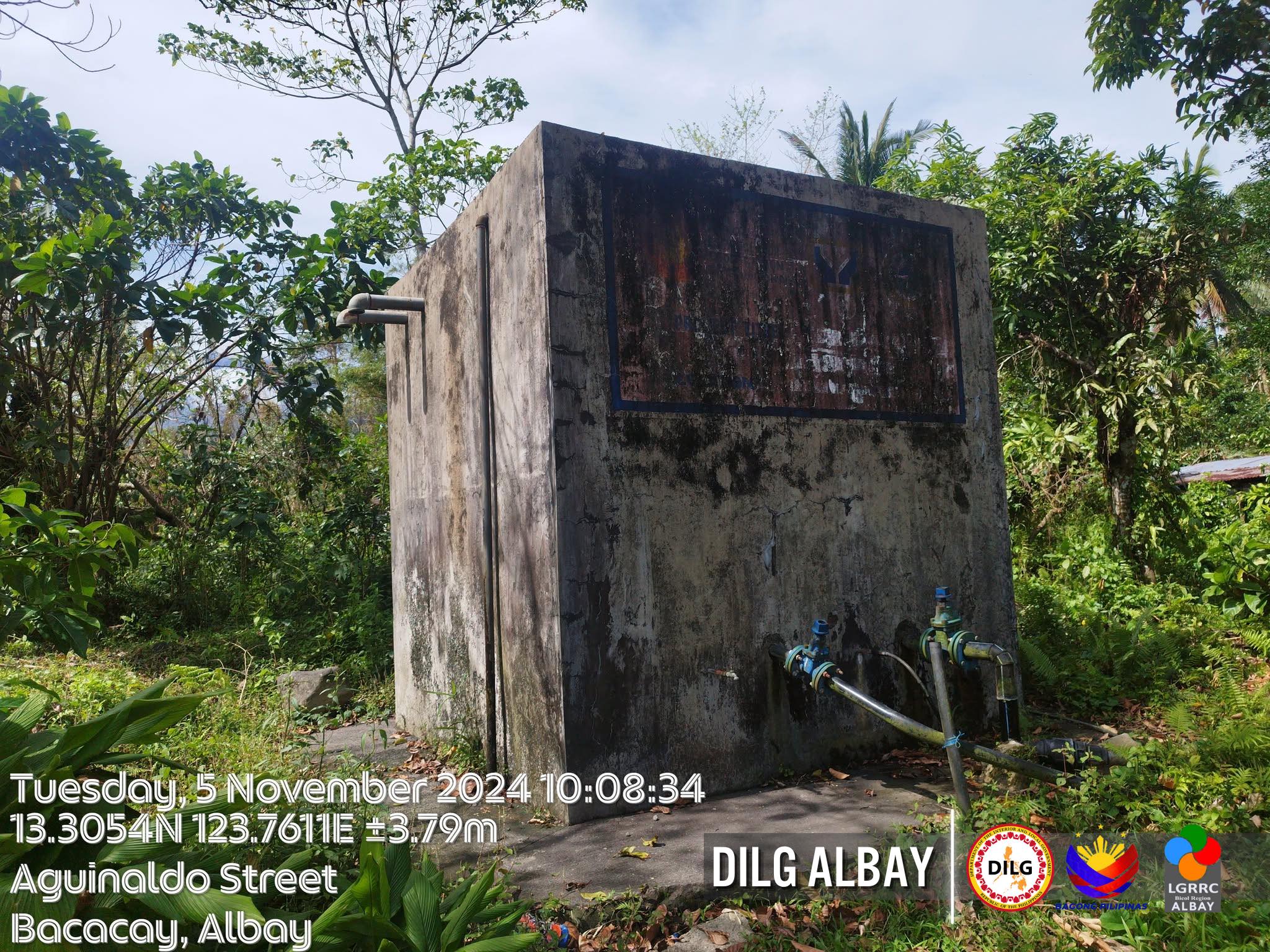
The Department of the Interior and Local Government (DILG) Provincial Operations Office of ALBAY has marked a significant achievement with the successful completion of the “Rehabilitation/Restoration of Malilipot Water Services Administration (MAWASA) Reservoir, Main Service Pipe Lines, and Distribution Lines” project in Malilipot, Albay. This project, a part of the Local Government Support Fund-Support and Assistance Fund to Participatory Budgeting (LGSF-SAFPB) initiative, is the first among 75 beneficiary local government units (LGUs) nationwide—and among 7 beneficiary LGUs in the Bicol Region—to reach 100% completion.
The project represents a transformative step in improving access to safe, reliable water services for Malilipot’s residents, who previously faced significant challenges in securing potable water. The project involves the construction of a spring box, along with the installation of 2699.25 linear meters (l.m.) of transmission pipes and 2518 (l.m.) of distribution pipes. The installation spans the Brgy. Calbayog – San Jose – Binitayan Section of Malilipot, Albay. The project is expected to directly benefit 795 residents, ensuring access to clean water, which will improve health, sanitation, and overall quality of life.
Completed last November 25, 2024, this milestone project is not just about infrastructure—it is a symbol of how government and community collaboration can address local water, sanitation, and hygiene (WaSH) challenges. The LGSF-SAFPB program, which funds this project, aims to address WaSH issues in underserved and resource-constrained municipalities, including those in regions affected by climate change and natural disasters such as El Niño-induced droughts.
This achievement is also a testament to the participatory governance model championed by the Philippine Development Plan 2023–2028 and President Ferdinand Marcos Jr.’s “Bagong Pilipinas” vision. Local government units (LGUs) like Malilipot were provided with funding of approximately PHP 13.33 million to implement the project, ensuring that the solutions were tailored to the specific needs of the community.
The successful completion of this project in Malilipot is a benchmark for future SAFPB initiatives across the country, highlighting the importance of targeted investments in local capacities for sustainable development. It also sets a positive precedent for equitable resource distribution, reinforcing the commitment to improving the lives of underserved communities.
As the first project to reach 100% completion, it serves as a beacon of hope and an inspiration for other LGUs nationwide, demonstrating that collaboration, commitment, and the right investments can lead to lasting change and improved community resilience.







